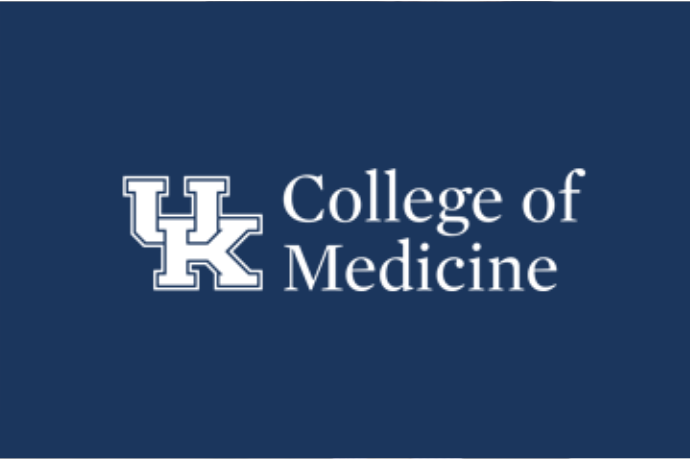News
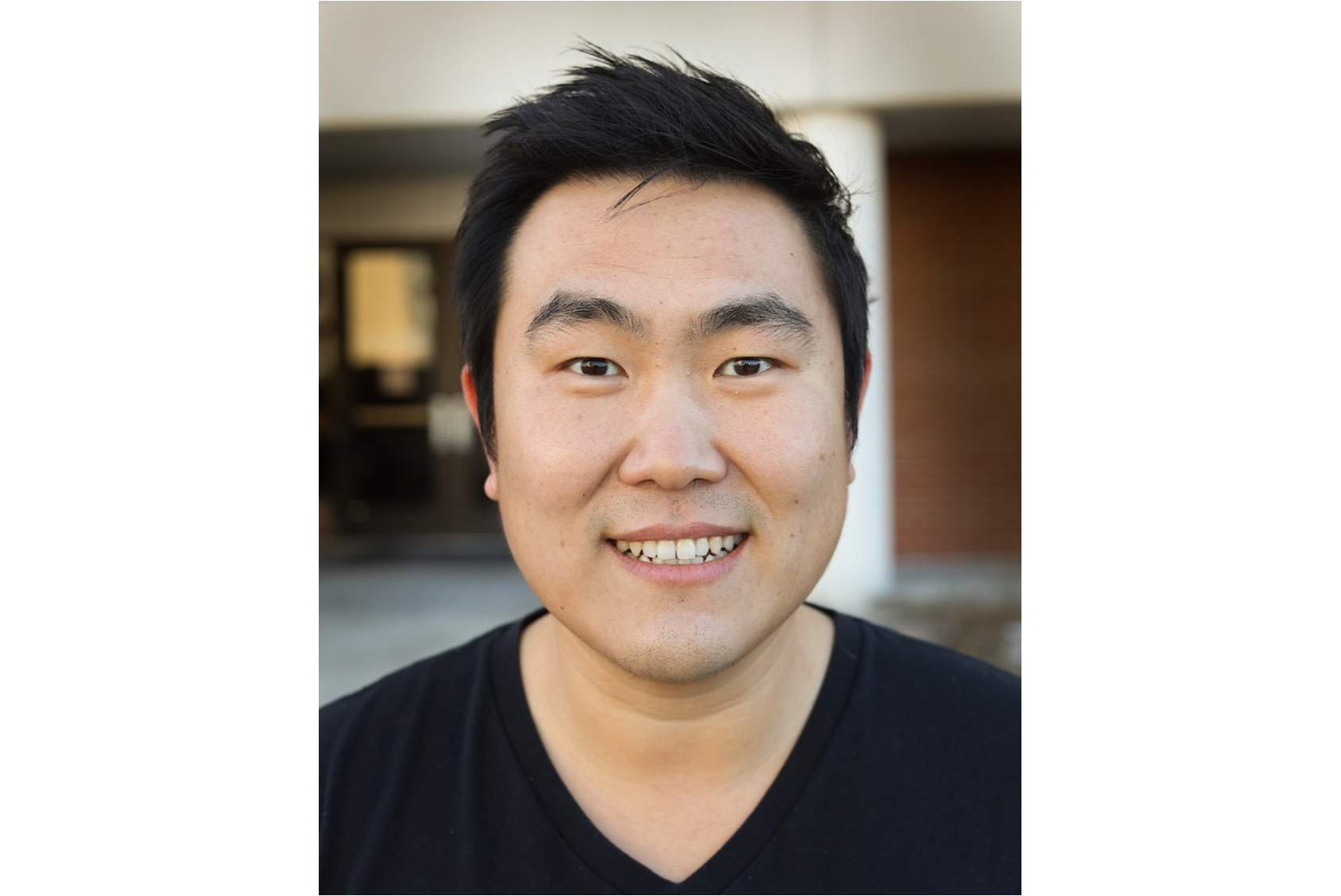
Ramon Sun, PhD, is an assistant professor of neuroscience whose lab focuses on interpreting the molecular events connecting complex carbohydrate metabolism to cellular metabolism, signaling, and physiology.
While his primary appointment is in neuroscience, his work also encompasses molecular and cellular biochemistry and is affiliated with Markey Cancer Center, Sanders-Brown Center on Aging, and the Spinal Cord and Brain Injury Research Center.
You can learn more about Dr. Sun in the following Q&A.
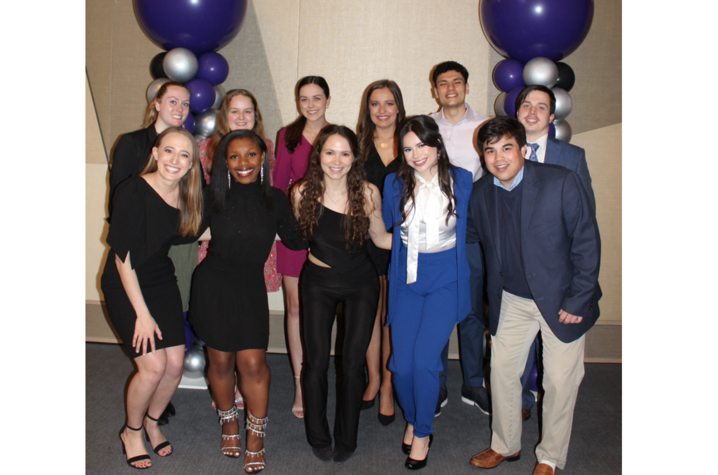
LEXINGTON, KY. (April 28, 2022) — It started as an idea during the 2021 spring semester. The goal behind the idea being discussed by the student group, Minority Students in Neuroscience (MSN), was to bring together all neuroscience majors, faculty and staff for an event celebrating the study they all love and enjoy.
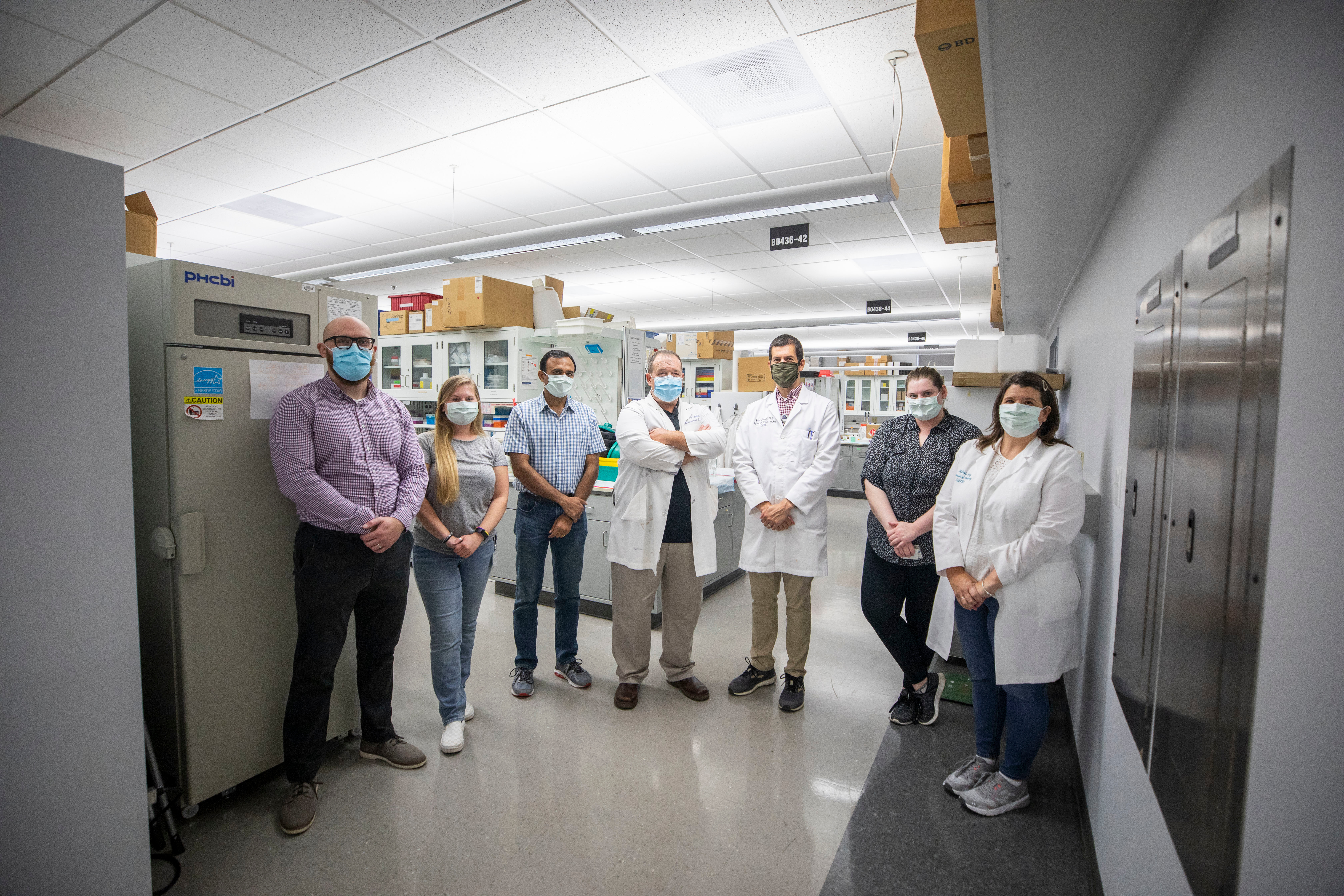
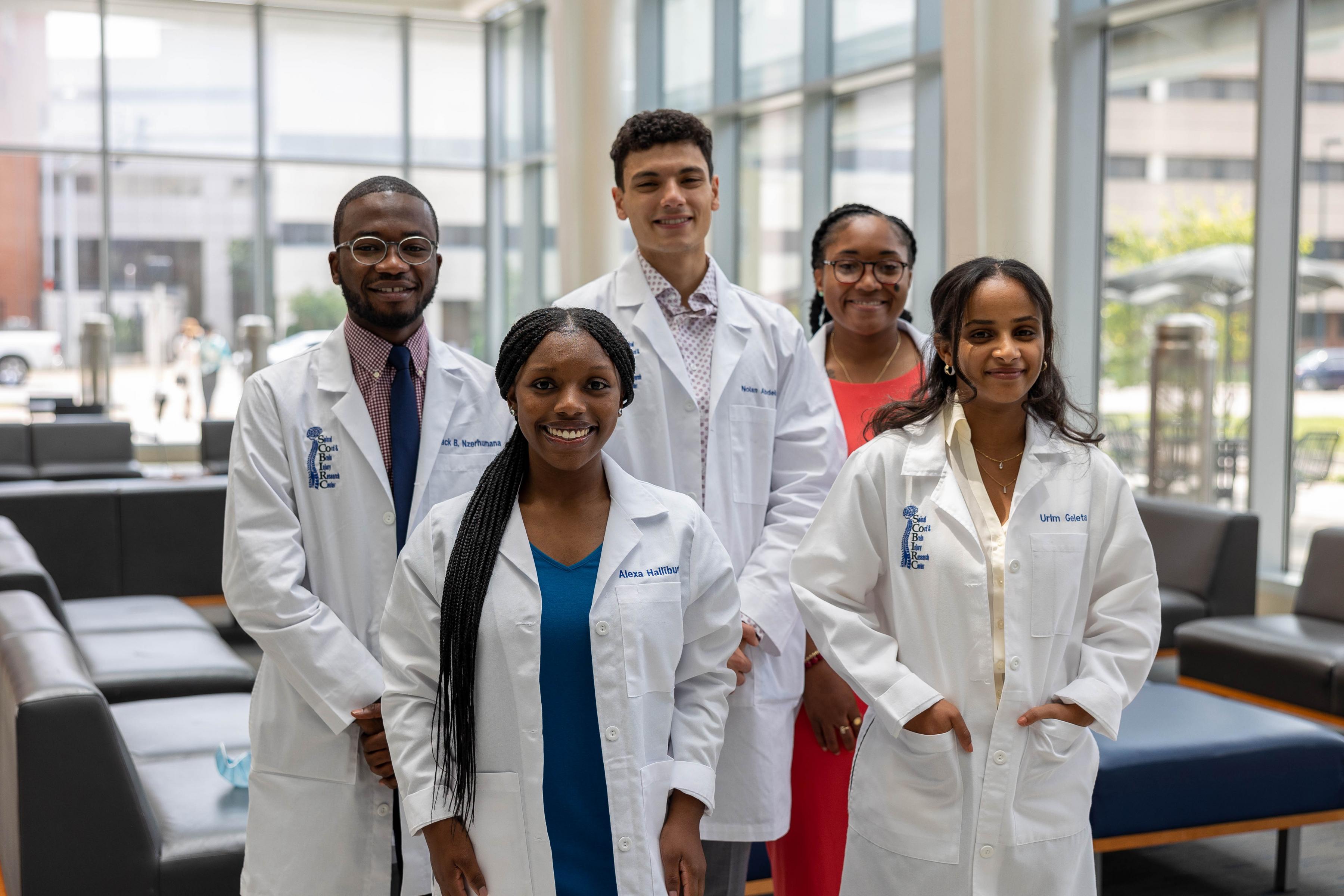
Jordon Burdette, a senior neuroscience and psychology major, was minutes away from presenting to a crowd of University of Kentucky scientists when the nerves set in. Her presentation, focused on cellular regeneration and spinal cord injury, was a culmination of a year of research she had worked on with her mentor, Warren Alilain, PhD, associate professor of neuroscience.
Burdette pushed through those nerves, and Dr. Alilain said she “crushed” it. She left feeling proud of her accomplishment and thankful for the opportunity to study a topic she didn’t expect to ever pursue.
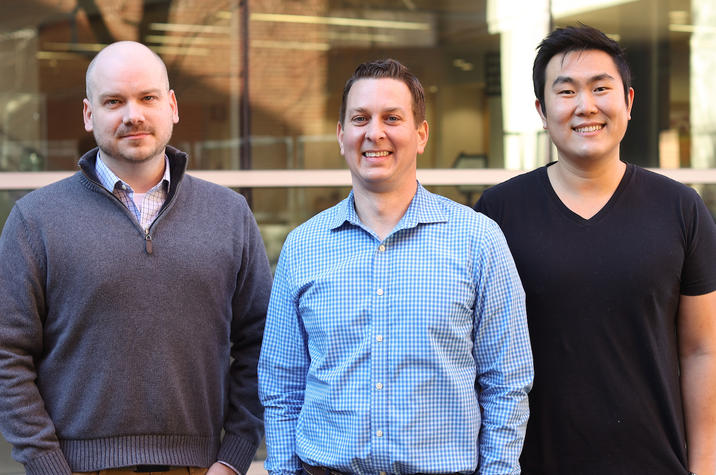
LEXINGTON, Ky. (Feb. 11, 2022) — Three Sanders-Brown Center on Aging researchers are the first at the University of Kentucky to receive backing from the Cure Alzheimer’s Fund. CureAlz is a non-profit organization dedicated to funding research with the highest probability of preventing, slowing, or reversing Alzheimer’s disease. The organization puts 100% of donations into research, with around 600 grants given out to date.
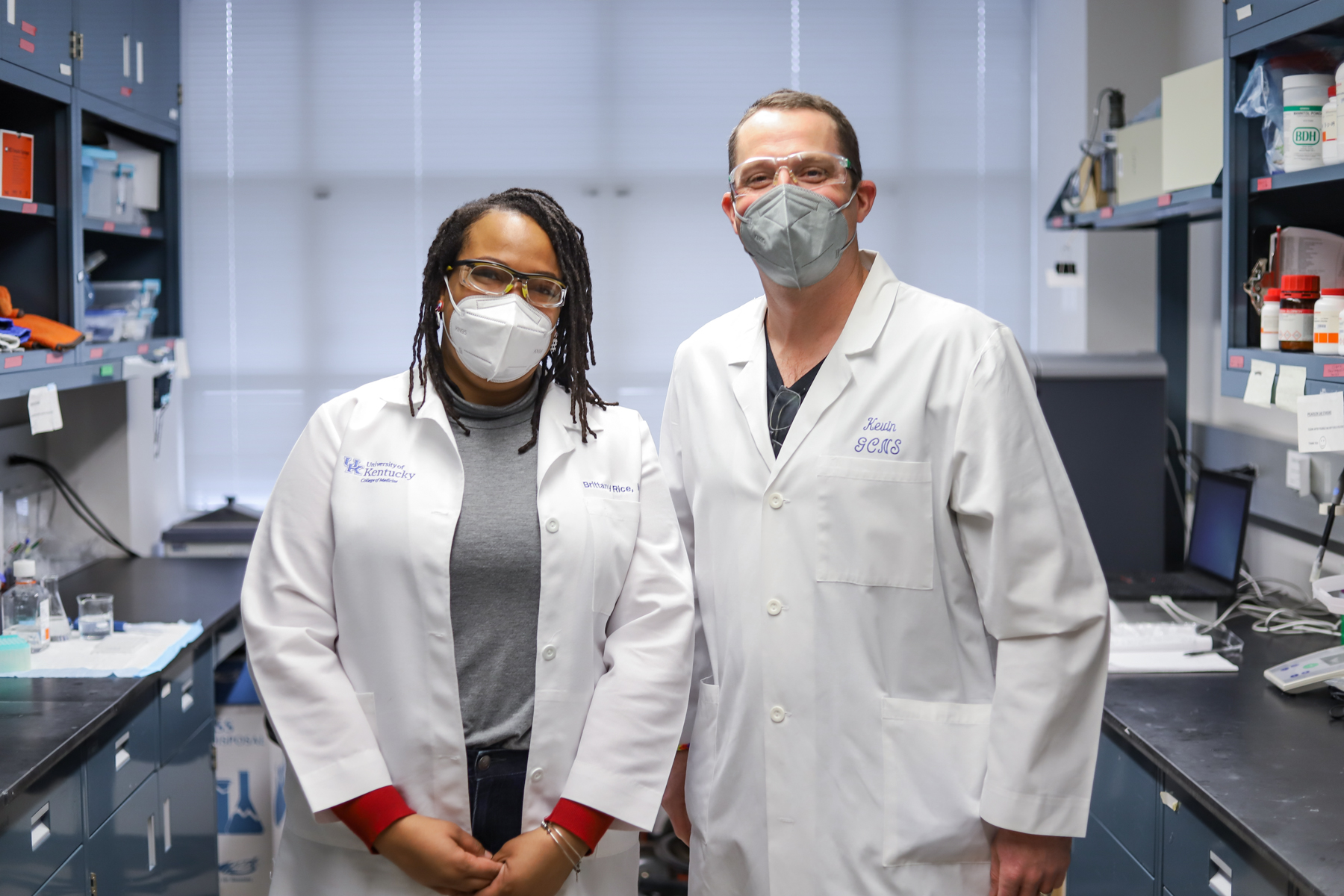
Urim Geleta is only into her senior year of her undergraduate degree, yet she has already played a key role in neuroscience research at UK.
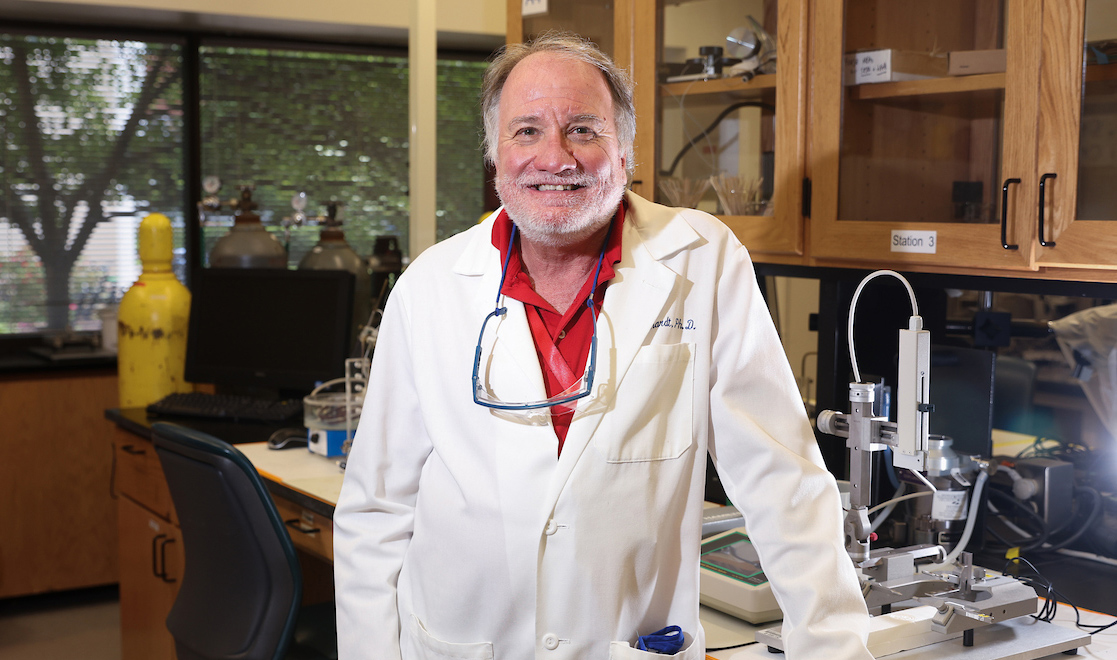
Greg Gerhardt, PhD, is a professor of neuroscience and researcher with the Spinal Cord and Brain Injury Research Center (SCoBIRC) and Brain Restoration Center, as well as advisor for the MD/PhD program. He currently serves as co-principal investigator for the Brain Restoration Alliance in Neurodegeneration (BRAIN). In the following Q&A, Dr. Gerhardt shares more about his current projects.
Q: Why did you want to pursue a career in neuroscience research?
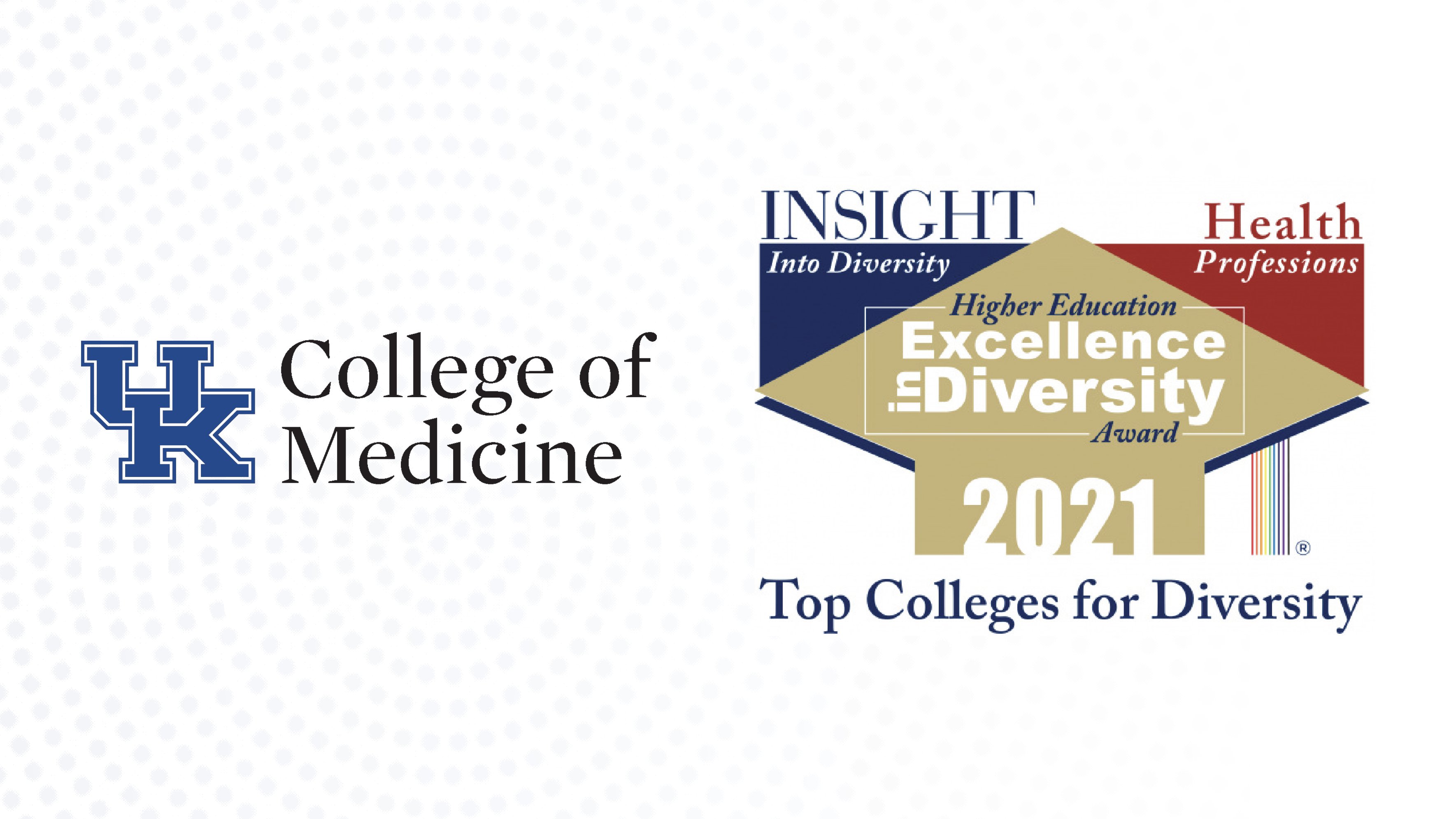
The University of Kentucky College of Medicine has received the 2021 Health Professions Higher Education Excellence in Diversity (HEED) Award from INSIGHT Into Diversity magazine, the oldest and largest diversity-focused publication in higher education.
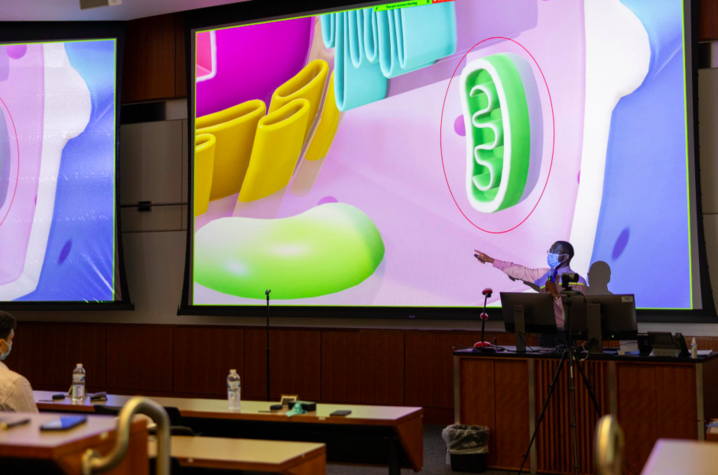
LEXINGTON, Ky. (Aug. 18, 2021) — The University of Kentucky Spinal Cord and Brain Injury Research Center (SCoBIRC) hosted a symposium last week featuring its first class of African American Research Training Scholars (AARTS).
The five scholars each gave a presentation on their research in neurotrauma.
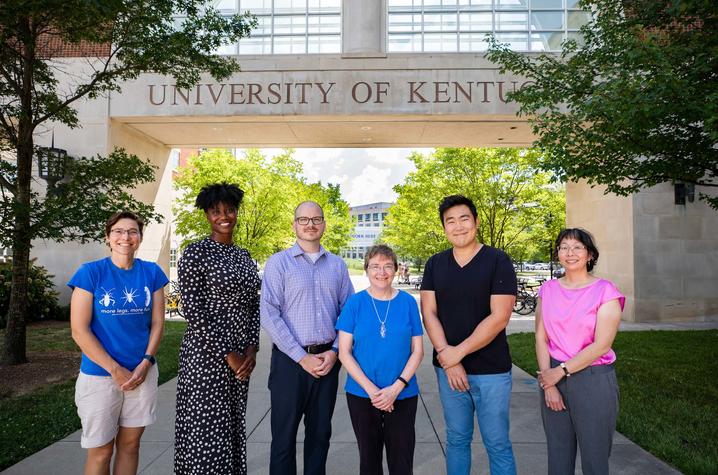
LEXINGTON, Ky. (June 30, 2021) — The University of Kentucky’s Neuroscience Research Priority Area (NRPA) supports a "collaborative matrix," bringing together diverse groups of investigators, trainees and research groups from nine different colleges across the University of Kentucky campus.
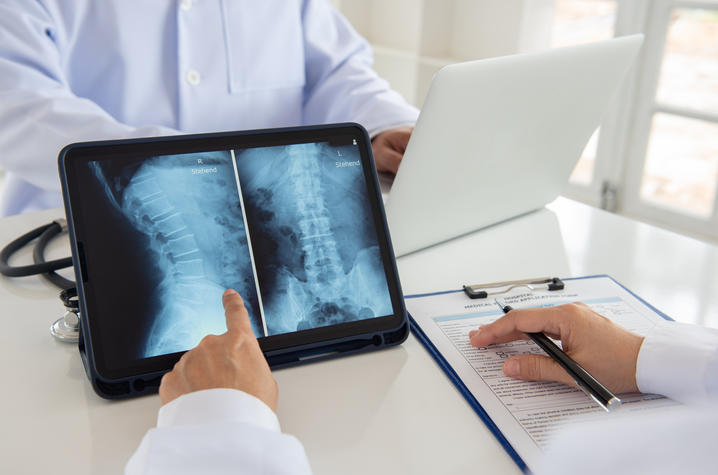
LEXINGTON, Ky. (Feb. 25, 2021) — Spinal cord injuries (SCIs) are not only life-threatening at the time of the event, but they can also lead to secondary complications and loss of function in sensory and motor systems. Researchers at the University of Kentucky recently published a unique study focusing on SCIs in eNeuro.
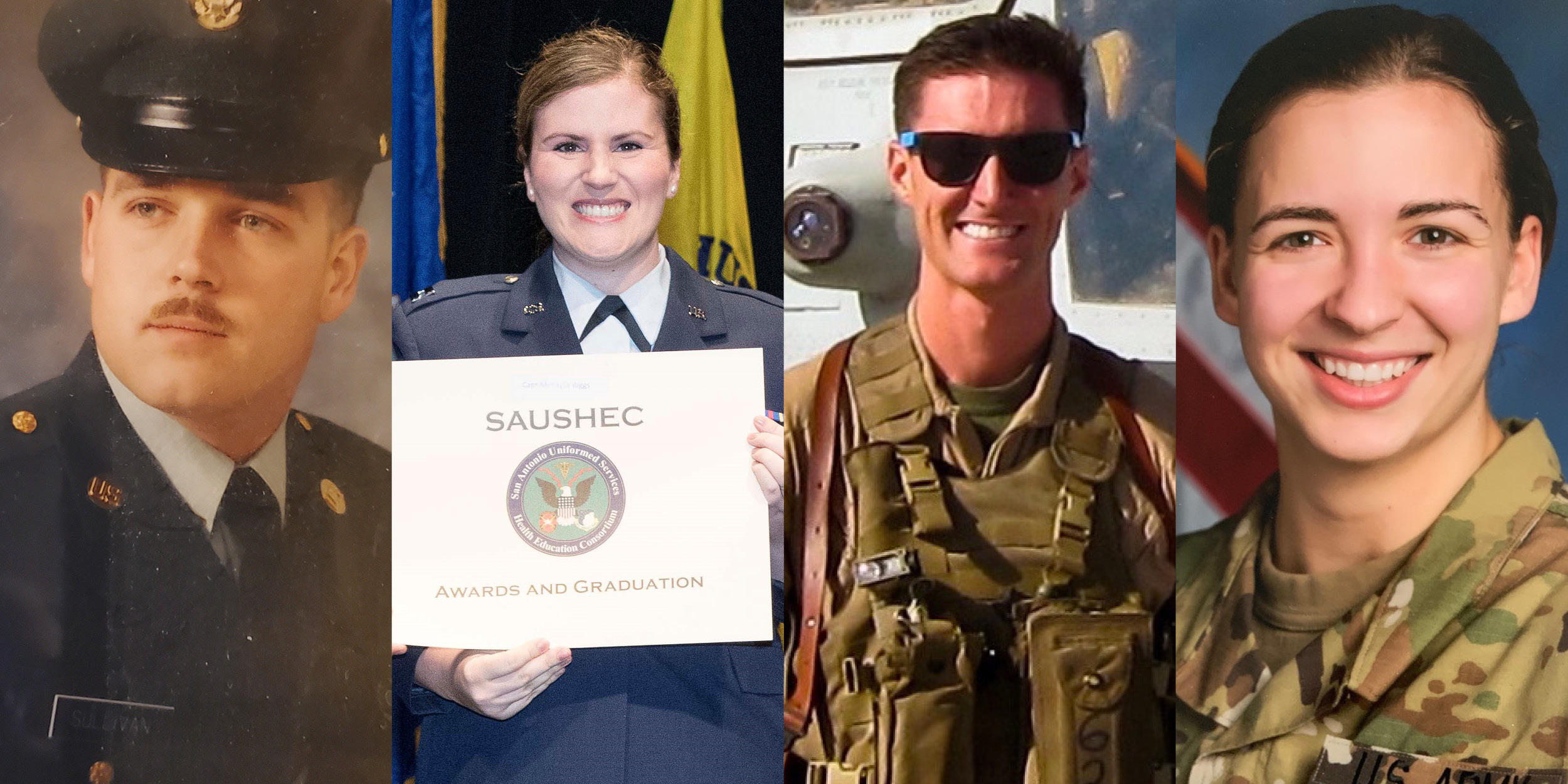
Veterans Day is a time to recognize individuals who have made the honorable decision to protect our country's freedom through military service. Below, we are honoring four of our of our very own faculty members and learners who have served our country, are serving our country, or are committed to serving our country in the most selfless of ways - through the military and in health care.
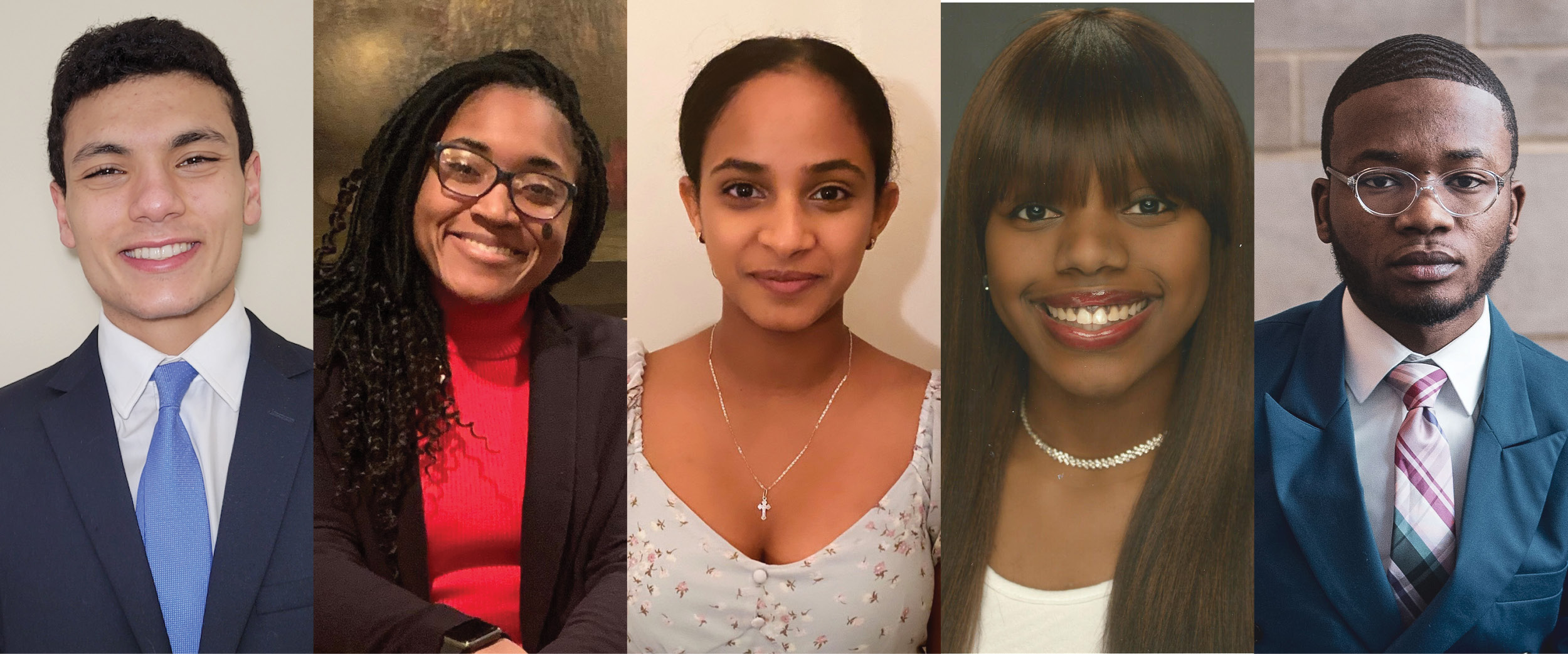
The Spinal Cord and Brain Injury Research Center (SCoBIRC), in collaboration with the University of Kentucky College of Arts and Sciences, has selected five undergraduate students for the inaugural African American Research Training Scholars (AARTS) program.
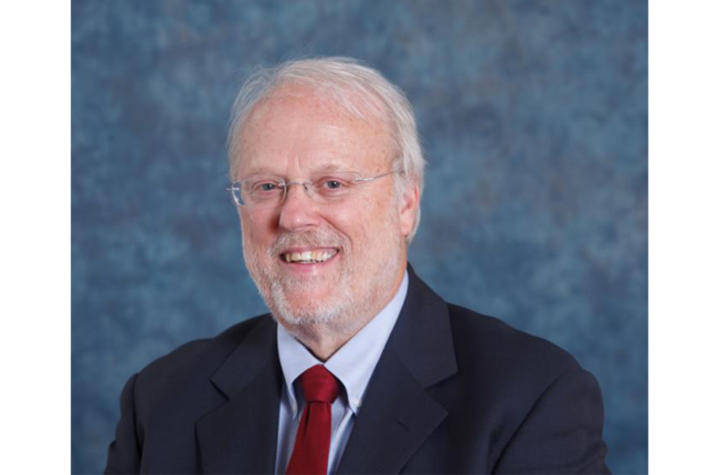
LEXINGTON, Ky. (Oct. 9, 2020) — Allan Butterfield, a professor of biological chemistry in the University of Kentucky College of Arts & Sciences, has been named among the world’s leading Alzheimer’s disease experts by Expertscape, an online base of biomedical expertise.
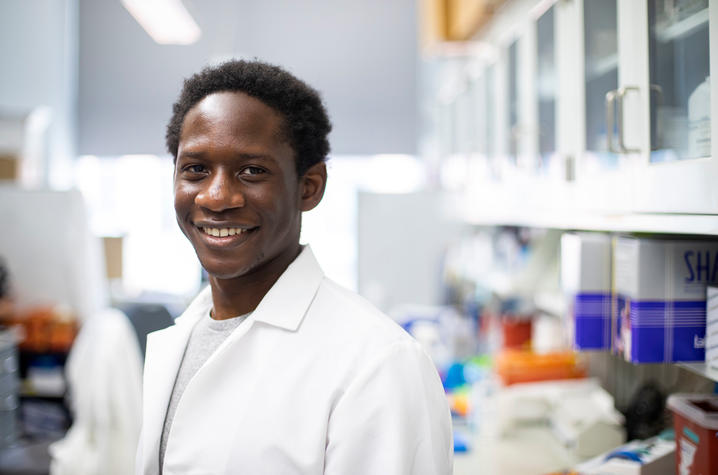
LEXINGTON, Ky. (Aug. 6, 2020) — For a couple of years now members of the University of Kentucky Spinal Cord and Brain Injury Research Center (SCoBIRC), in collaboration with UK College of Arts and Sciences, have been working to increase the representation of Black undergraduate students in neuroscience.
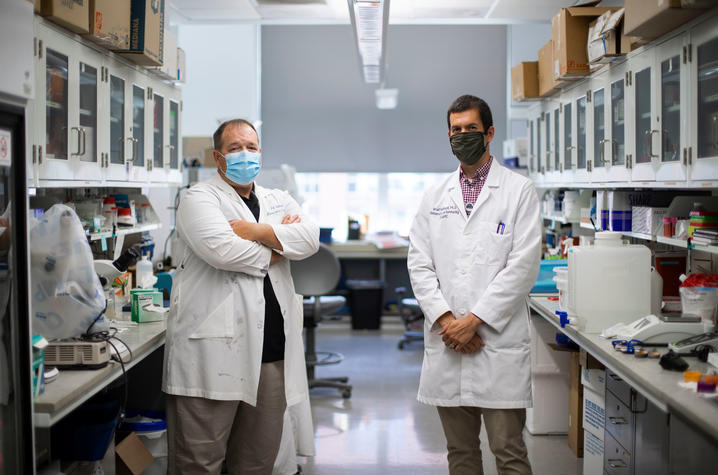
LEXINGTON, Ky. (July 21, 2020) — A $3.2 million grant will support University of Kentucky College of Medicine research that could pave the way for a treatment for traumatic brain injury (TBI).
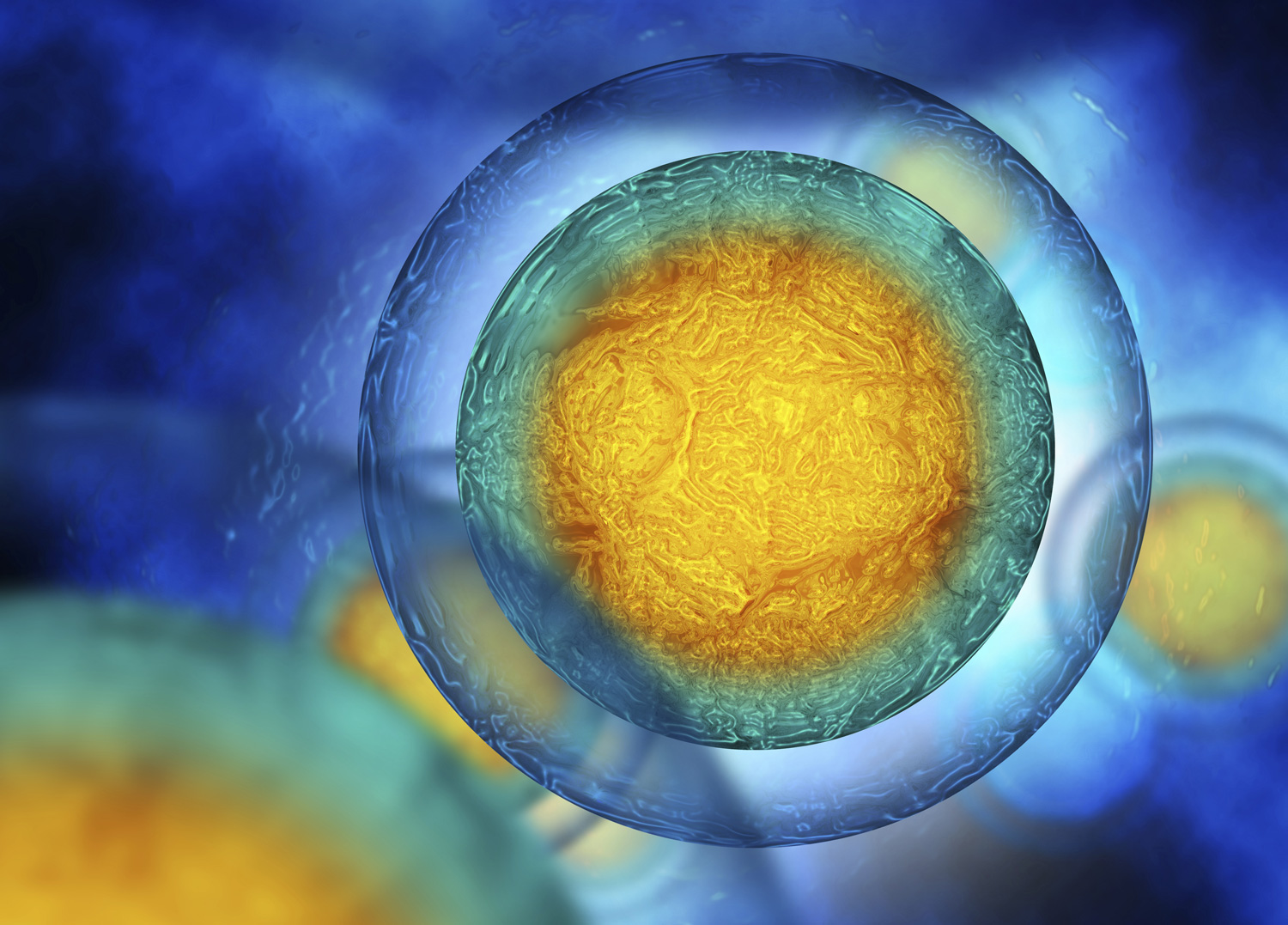
A new study by researchers in the University of Kentucky College of Arts and Sciences and College of Medicine is featured in Nature Communications this week.
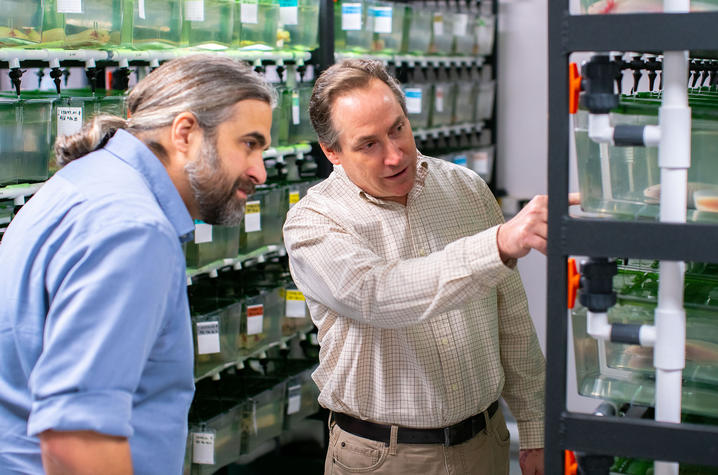
Regeneration is one of the most enticing areas of biological research. How are some animals able to regrow body parts? Is it possible that humans could do the same? If scientists could unlock the secrets that confer those animals with this remarkable ability, the knowledge could have profound significance in clinical practice down the road.
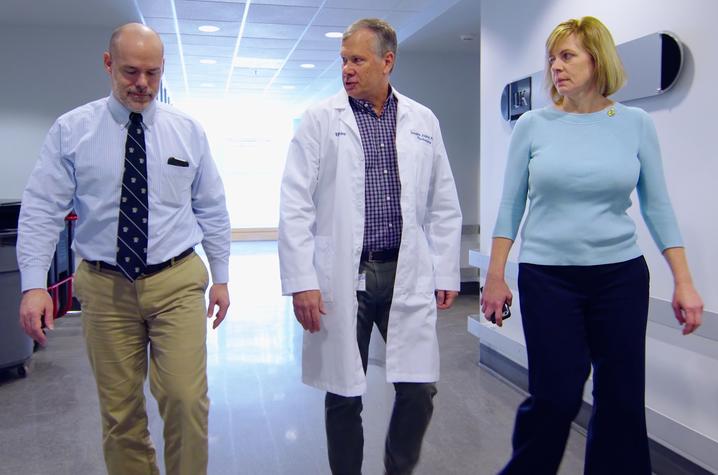
Traumatic brain injury (TBI) has been a hot topic of late as soldiers return from the battlefield and football players from the gridiron with debilitating injuries.
To date, treatment for TBI has been limited because the underlying mechanisms that cause brain damage are still poorly understood. Recently, however, science has shown increased interest in exploring ways to prompt the brain to heal itself after injury, or perhaps even protect itself as the injury occurs.
